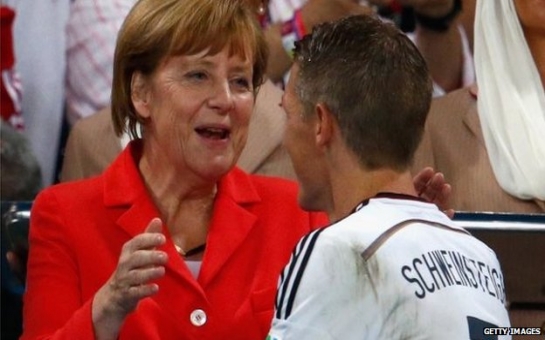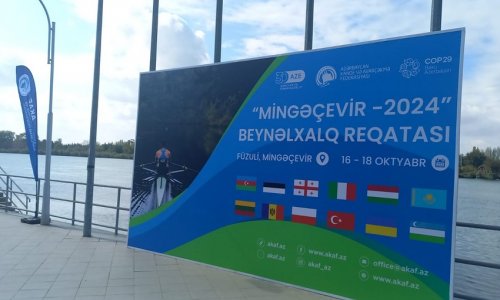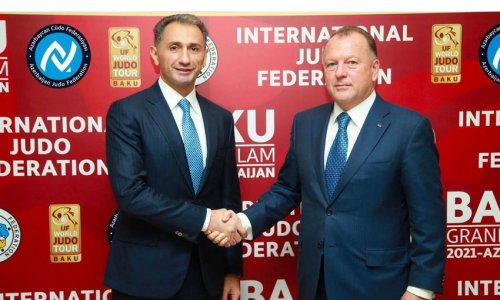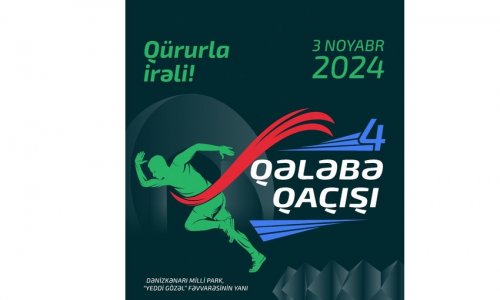She's been accused of shamelessly attaching herself to the footballers and their success, and the polls have shown upward blips of support for her as the team has progressed. But will it last?There's no doubt the World Cup has played well for her. Within an hour of the final whistle, there seemed to be a million tweets of her pictured in the middle of the sweaty, victorious team holding the trophy, the president of Germany beside her.She is, by all accounts, a genuine football fan, going to games way before she was politically important. But nowadays the right picture in the right place doesn't do any harm either.She was there when Germany thrashed Portugal 4-0 at the start and she was there at the final triumph when they lifted the World Cup.She's been described as the team's lucky charm. As she and the team's supporters sometimes put it: "Our twelfth man is a woman."But the political benefits of sporting success are not clear - or rather, they are complex and memory plays tricks.'Feel-good' myth?It is one of the great myths of British politics, for example, that the victory of England in the World Cup of 1966 kept Labour in government.The story runs thus: Labour and the Conservatives were running neck-and-neck in the election opinion polls and then Geoff Hurst knocked in a hat-trick.The fans, also known as voters, duly rewarded Harold Wilson at the ballot box and kept him in Number 10.There's one problem with this oft-quoted canard: the election preceded the World Cup Final. Labour beat the Conservatives on 31 March and England beat West Germany on 30 July.The "feel-good factor" from victory on the field can't have translated into political success.But it may have been true four years later. In 1970 in Mexico, England were dumped out of the contest far earlier than expected.It was the manner of defeat that hit so hard: England were 2-0 up against West Germany in a quarter-final with 22 minutes to go and over-confident manager Alf Ramsey substituted players to keep them fresh for the inevitable semi-final - except that the Germans then scored three (two in normal time and one in extra-time).Less than a week later, in a great political upset, Labour and Wilson were dumped out of office.Wilson said sport was not a factor, but a string of memoirs by his cabinet colleagues at the time revealed that he had been worried about how the World Cup would affect his chances of being substituted out of Downing Street.But this is all conjecture. There has been much pontification on the link between politics and sport but not much hard evidence.One piece of serious academic research indicated that whatever benefit there might be to a nation and its politicians from sporting success was negligible.Georgios Kavetsos of the London School of Economics and Stefan Szymanski, now of the University of Michigan, crunched the numbers.They used measures of happiness for 12 Western European countries from 1974 to 2004 to see if they correlated with sporting success for those countries. They did not.But they did find a correlation between measures of happiness and hosting sporting events.Real winners: Brazil?The academics looked at eight separate tournaments: the World Cup in France (1998) and Italy (1990), the European football championships in Italy (1980), France (1984), West Germany (1988), England (1996) and Belgium/the Netherlands (2000).They found that happiness indices rose in all but one of these countries.The exception was England, but the measurement wasn't quite comparable - happiness was measured for the United Kingdom not just for England and, strange to say, the happiness of the Scots, Welsh and Northern Irish might not move in the same direction as that of the English.It would be too harsh to say that the happier the English, the more miserable the others, but you get the drift. Either way, the British exception in the study might prove the rule.The upshot of this research is that Angela Merkel is unlikely to get a great political benefit from the victory of Germany on the field.She is already widely approved of in the polls and a picture of her with other successful people may just reinforce that image. Think of how an unpopular politician would be greeted if he or she attempted to piggyback on the success of a team.But the research does indicate that the host country for a big sporting event becomes happier by doing so, however the country's team performs on the field.As Kavetsos and Szymanski put it: "We find that the 'feelgood' factor associated with hosting football events is large and significant, but that the impact of national athletic success on happiness, while correctly signed, is statistically insignificant."In which case, the big gainer from this World Cup would be Brazil.It seems paradoxical to say this after the country's football side was thrashed and then thrashed again, with much booing by the fans.Despite that, the sheer experience of togetherness and achievement in holding the event might bring an increase in happiness. So implies the research.Step forward the true winners: Brazil.(BBC)Bakudaily.az
World Cup: Will German victory help Angela Merkel?
Sport
11:30 | 14.07.2014

World Cup: Will German victory help Angela Merkel?
Will Germany's triumph at the World Cup help Angela Merkel?
Follow us !










